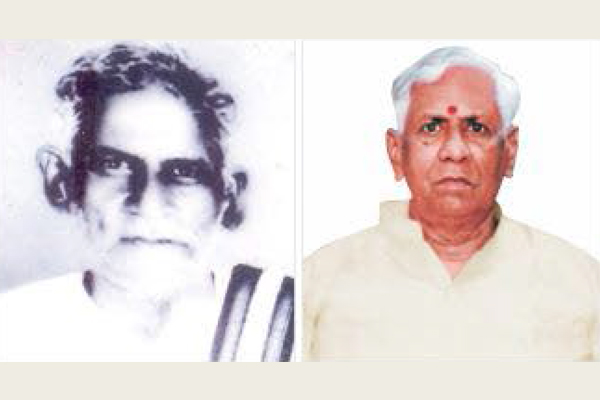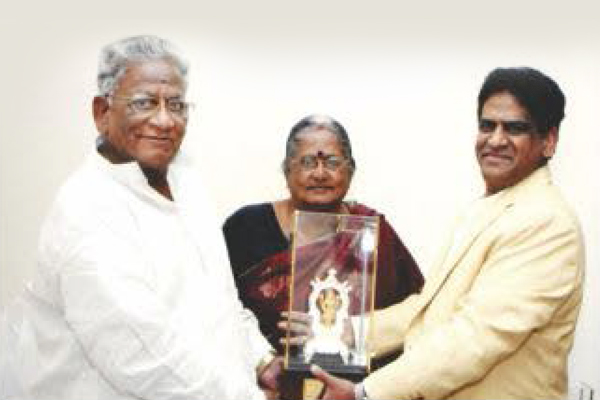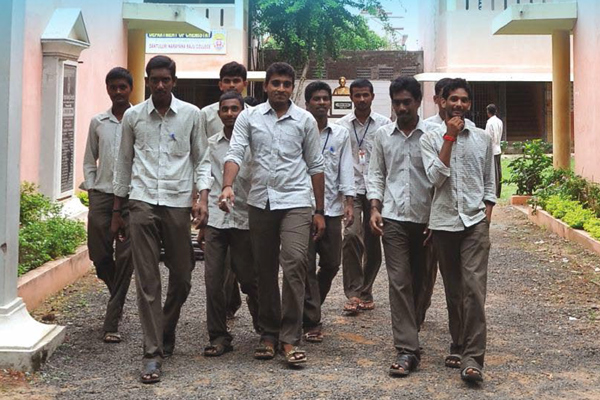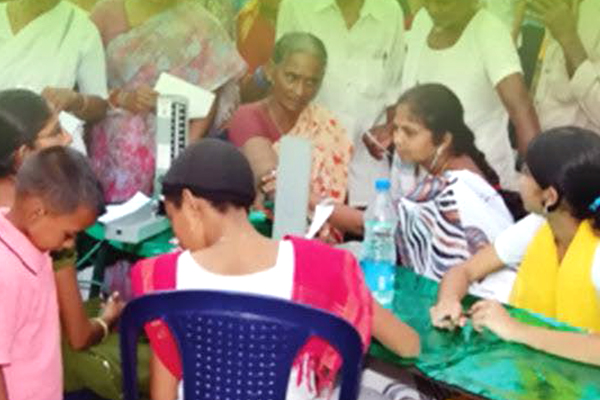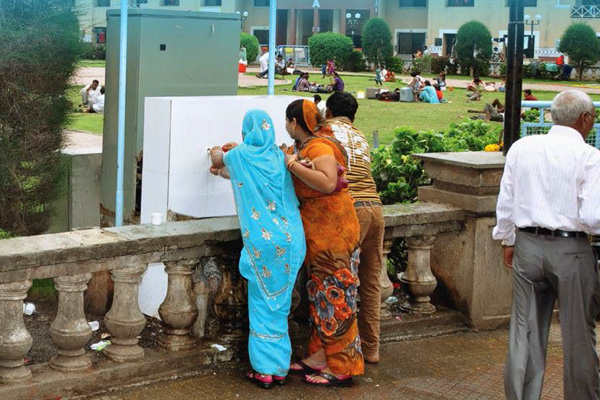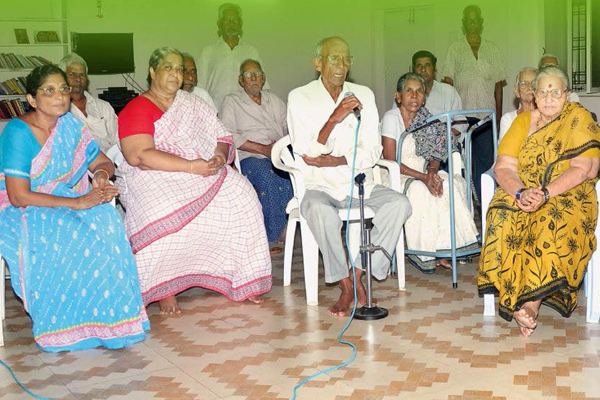About The Foundation

Daana, a Sanskrit word that denotes generosity, charity, or donating, is an ancient practice in Indian spiritual tradition. Daana, as a form of philanthropic public projects that empower and help many people, finds mention even in the Rig Veda, the oldest of Indian texts.
The Upanishads, one of Hinduism’s philosophical texts, outlines three guiding principles for life: Damyata (Self-restraint), Datta (Give generously) and Dayadhvam (Be compassionate).
In modern India, a new generation of philanthropists are emerging as key stakeholders in the country’s efforts to achieve Sustainable Development Goals by 2030. New-age foundations are driven by philanthropists who want to use their privilege to drive large-scale social impact.
A drive to honour legacy and a high sensitivity to social inequities was what led to the establishment of The Raju Vegesna Foundation (RVF).
RVF is a not-for-profit organization founded by Mr. Raju Vegesna, a visionary entrepreneur from Andhra Pradesh, India.
The story of Mr Raju Vegesna reflects the classic aspirations of any average middle-class Indian household. The difference is that in this case, the dreams were much bigger, and more inclusive.
The Foundation reflects his commitment to work for a better society. Mr. Raju Vegesna and his family are committed to improve the lives of economically disadvantaged families and children, strengthen vulnerable communities, and protect the environment.
The Vegesna family believes that this can be achieved through compassionate philanthropy, where funders get personally involved in the work in which they are funding.
From its inception, the Raju Vegesna Foundation has been investing in impact-driven solutions that create systemic change. The Foundation has contributed significantly towards medical care and educational scholarships.
The RVF has done critical work in the area of providing safe, purified drinking water. RO plants maintained by the Foundation provide clean drinking water across Andhra Pradesh and Telangana in institutions ranging from court complexes to temples to colleges. No mean feat, considering that more than 163 million people in India do not have access to clean water.
In Tirupati, home of the Tirumala Venkateswara Temple that is one of the holiest Hindu pilgrimage sites, the Foundation’s work is visible in many ways. This temple town sees an average of 30 to 40 million visitors every year.
The Raju Vegesna Foundation helped set up the TTD Annadanam complex here, which serves food to nearly 100,000 people daily and is the largest pilgrimage dining hall. The facility, which covers an area of 150,000 square feet, was inaugurated by the then President of India, Pratibha Patil.
The RVF also helps Tirumala Tirupati Devasthanam, the trust that runs the temple, supply purified drinking water to pilgrims with the help of RO plants. This has helped the TTD ban packaged drinking water in the town, thus reducing a major source of plastic pollution.
The Foundation has identified specific areas of focus which it believes will benefit the country in terms of enhancing employability, improving the quality of life as well as the health of India’s citizens. The Foundation reaches out to the differently-abled and has set up the Venkateswara Institute of Relief and Rehabilitation for Disabled (VIRRD) at Dwaraka Tirumala.
